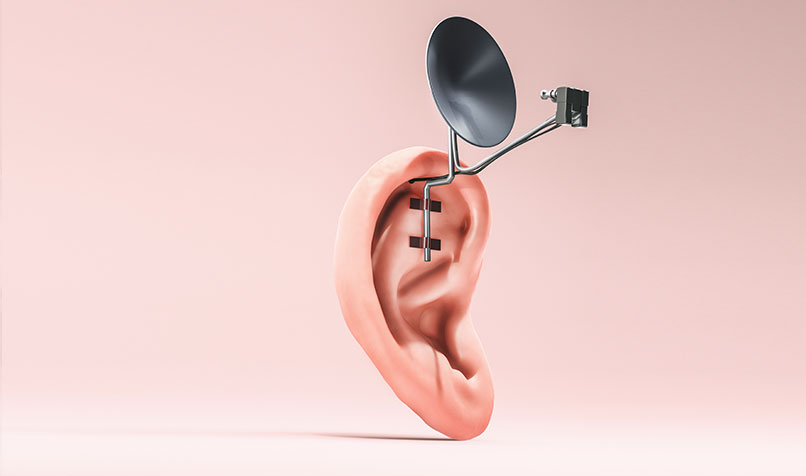Listening
Listening is receiving language through the ears. Listening involves identifying the sounds of speech and processing them into words and sentences. When we listen, we use our ears to receive individual sounds (letters, stress, rhythm and pauses) and we use our brain to convert these into messages that mean something to us.

Listening in any language requires focus and attention. It is a skill that some people need to work at harder than others. People who have difficulty concentrating are typically poor listeners. Listening in a second language requires even greater focus.
Listening Activities
Like babies, we learn this skill by listening to people who already know how to speak the language. This may or may not include native speakers. For practice, you can listen to live or recorded voices. The most important thing is to listen to a variety of voices as often as you can.
Injection videos in serials. Randall’s ESL Cyber Listening Lab has been providing online English listening comprehension activities for ESL and EFL learners since 1998. Visit his other Web sites at DailyESL.com, EZslang.com, and Trainyouraccent.com for more practice.
- Active listening builds rapport, understanding, and trust. It's a proven psychological technique that helps therapists create a safe, comfortable atmosphere that encourages clients to discuss.
- Active listening is a valuable technique that requires the listener to thoroughly absorb, understand, respond, and retain what’s being said. While engaging in active listening, the listener may also pay close attention to the speaker’s behavior and body language in order to gain a better understanding of their message.
- True, sustained, active listening is a great act of faith, and a great means of grace, both for ourselves and for others in the fellowship. Lessons in Good Listening. The charter text for Christian listening might be James 1:19: “Let every person be quick to hear, slow to speak, slow to anger.”.
Listening
Listening is the first of the four language skills, which are:I Heart Radio Free Listening
- Listening
- Speaking
- Reading
- Writing

Different Types Of Listening
To become a fluent speaker in English, you need to develop strong listening skills. Listening not only helps you understand what people are saying to you. It also helps you to speak clearly to other people. It helps you learn how to pronounce words properly, how to use intonation, and where to place stress in words and sentences. This makes your speech easier for other people listening to you to understand!
Listening Definition
Our Listening Skills Guide offers strategies and tips for better English listening.


